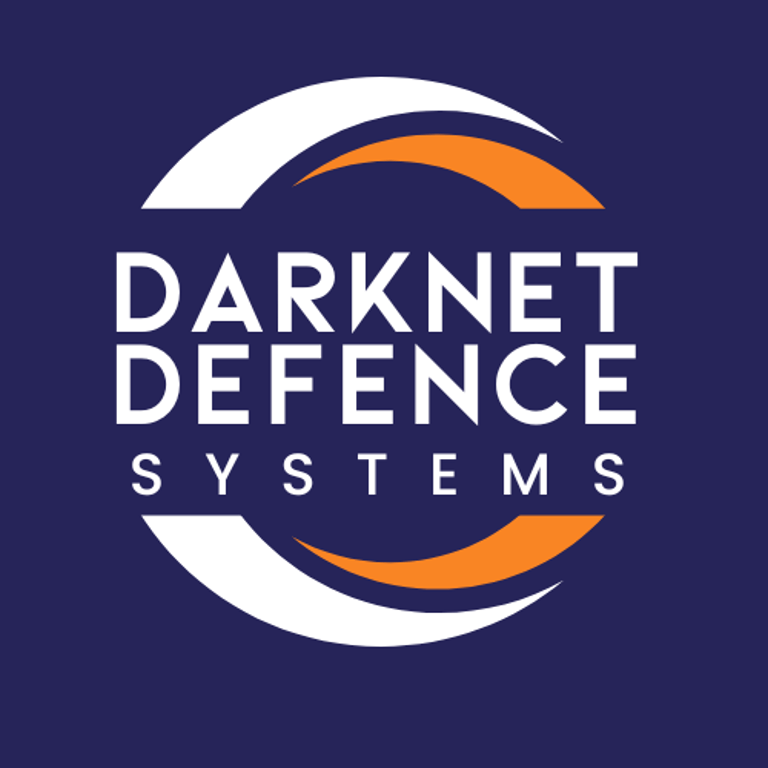Protect Your Business: Cybersecurity Best Practices for SME's
Small and medium businesses are prime targets for cyber threats—but with the right security practices, you can stay protected. From employee training to data backups and zero-trust security, our latest blog covers 10 essential cybersecurity best practices every SME should implement. Read now and safeguard your business!
3/4/20252 min read


Cybersecurity Best Practices for SMEs
Why Cybersecurity Matters for Small to Medium Enterprises (SMEs)
Cyber threats are no longer just a concern for large enterprises. SMEs are increasingly becoming prime targets for cybercriminals due to their often-limited security measures. A single cyberattack can lead to financial losses, reputational damage, and legal consequences. Implementing strong cybersecurity practices is crucial for protecting your business.
1. Educate and Train Employees
Your employees are the first line of defense against cyber threats. Ensure they are aware of common threats, such as phishing scams, social engineering tactics, and ransomware attacks. Regular training and simulated phishing exercises can help employees recognize and respond to potential threats effectively.
2. Implement Strong Password Policies
Encourage the use of complex passwords and multi-factor authentication (MFA) to enhance security. Employees should use password managers to generate and store secure passwords rather than reusing weak passwords across multiple accounts.
3. Keep Software and Systems Updated
Cybercriminals exploit vulnerabilities in outdated software and operating systems. Regularly update and patch your systems, applications, and security tools to prevent potential breaches.
4. Secure Your Network
Use firewalls and intrusion detection systems to monitor and block malicious activities.
Encrypt sensitive data and ensure secure access controls are in place.
Implement Virtual Private Networks (VPNs) for remote employees to protect data transmission.
5. Backup Data Regularly
Ensure that critical business data is backed up frequently and stored securely. Implement an automated backup system with both on-site and off-site storage options. Regularly test backups to ensure quick recovery in case of a cyber incident.
6. Adopt a Zero Trust Approach
Zero Trust security assumes that threats exist both inside and outside the organization. This means continuously verifying every user and device attempting to access business systems, regardless of whether they are inside the corporate network.
7. Monitor and Respond to Threats
Implement a Managed Detection and Response (MDR) solution to continuously monitor for threats, detect anomalies, and respond to incidents in real time. Cyber threats evolve constantly, so having 24/7 monitoring ensures your business stays protected.
8. Secure Third-Party Integrations
Many SMEs rely on third-party vendors and cloud services. Conduct thorough security assessments of vendors to ensure they meet cybersecurity best practices. Establish clear agreements on data protection responsibilities.
9. Implement Access Control Measures
Limit employee access to sensitive data based on job roles. Use role-based access controls (RBAC) and regularly review user privileges to prevent unauthorized access.
10. Develop a Cyber Incident Response Plan
Having a well-documented and tested incident response plan is crucial for minimizing damage in case of a cyberattack. Define roles and responsibilities, establish communication protocols, and conduct regular drills to ensure your team is prepared.
Conclusion
SMEs cannot afford to overlook cybersecurity. By implementing these best practices, businesses can significantly reduce their risk of cyberattacks, protect sensitive data, and maintain customer trust. Investing in cybersecurity today ensures long-term resilience against the ever-evolving threat landscape.
Need help securing your business? Contact us for a free cybersecurity assessment today.
Your security is our priority
Protecting businesses from cyber threats and risks.
CONTACT
+27 82 880 0440
© 2024 Darknet Defence Systems - All rights reserved
Created: CB| Web Design
MENU
News
